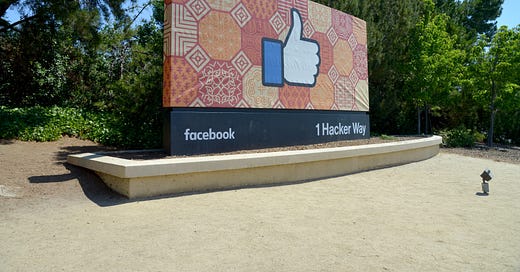
President Barack Obama was more moderate than many might think or remember. While he was a champion for many progressives, one area where he was anything but was in antitrust enforcement. In particular, his administration was very cozy with Big Tech, as detailed further below.
With the appointment of Lina Khan as Chair of…
Keep reading with a 7-day free trial
Subscribe to PolisPandit to keep reading this post and get 7 days of free access to the full post archives.



